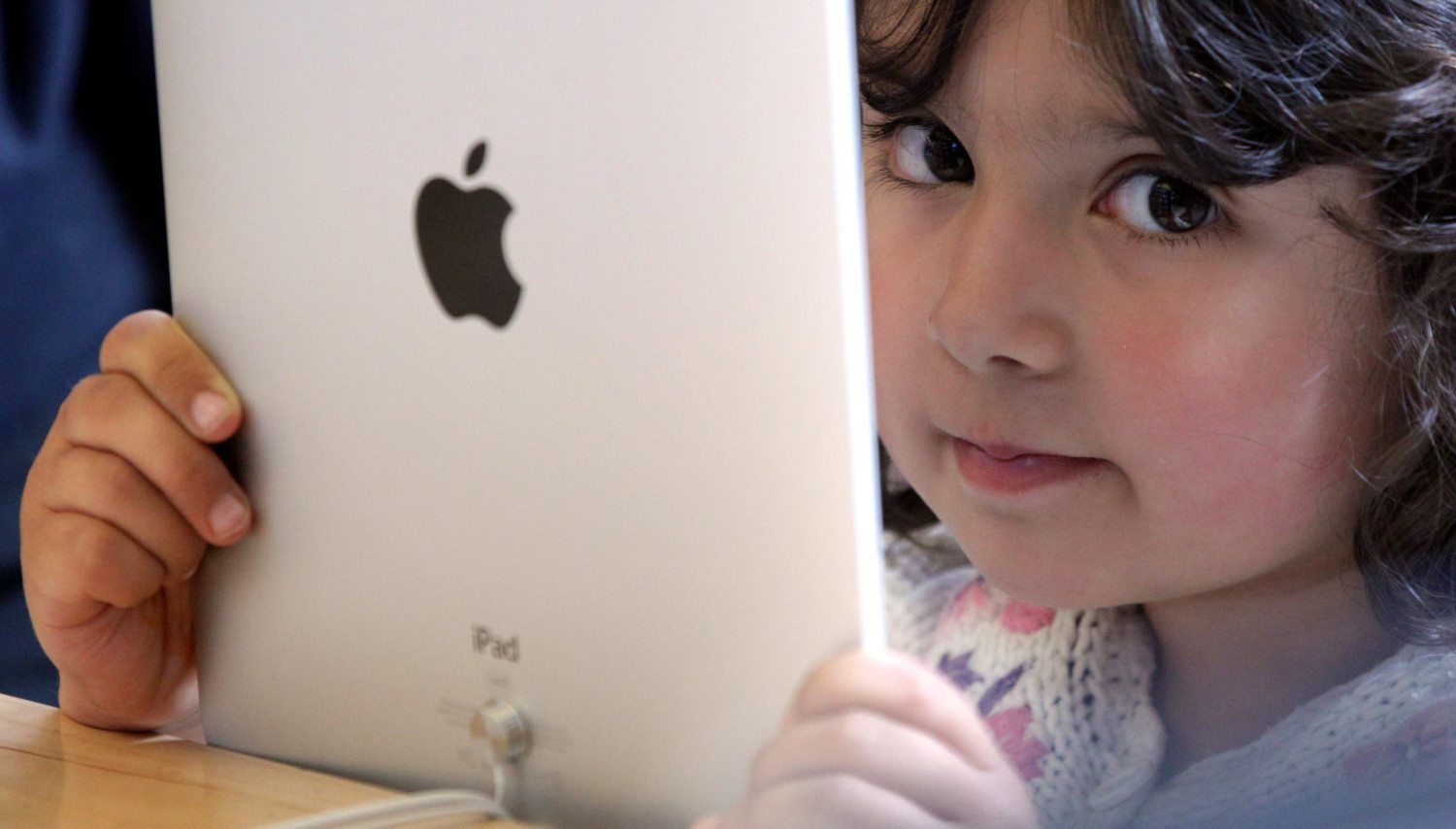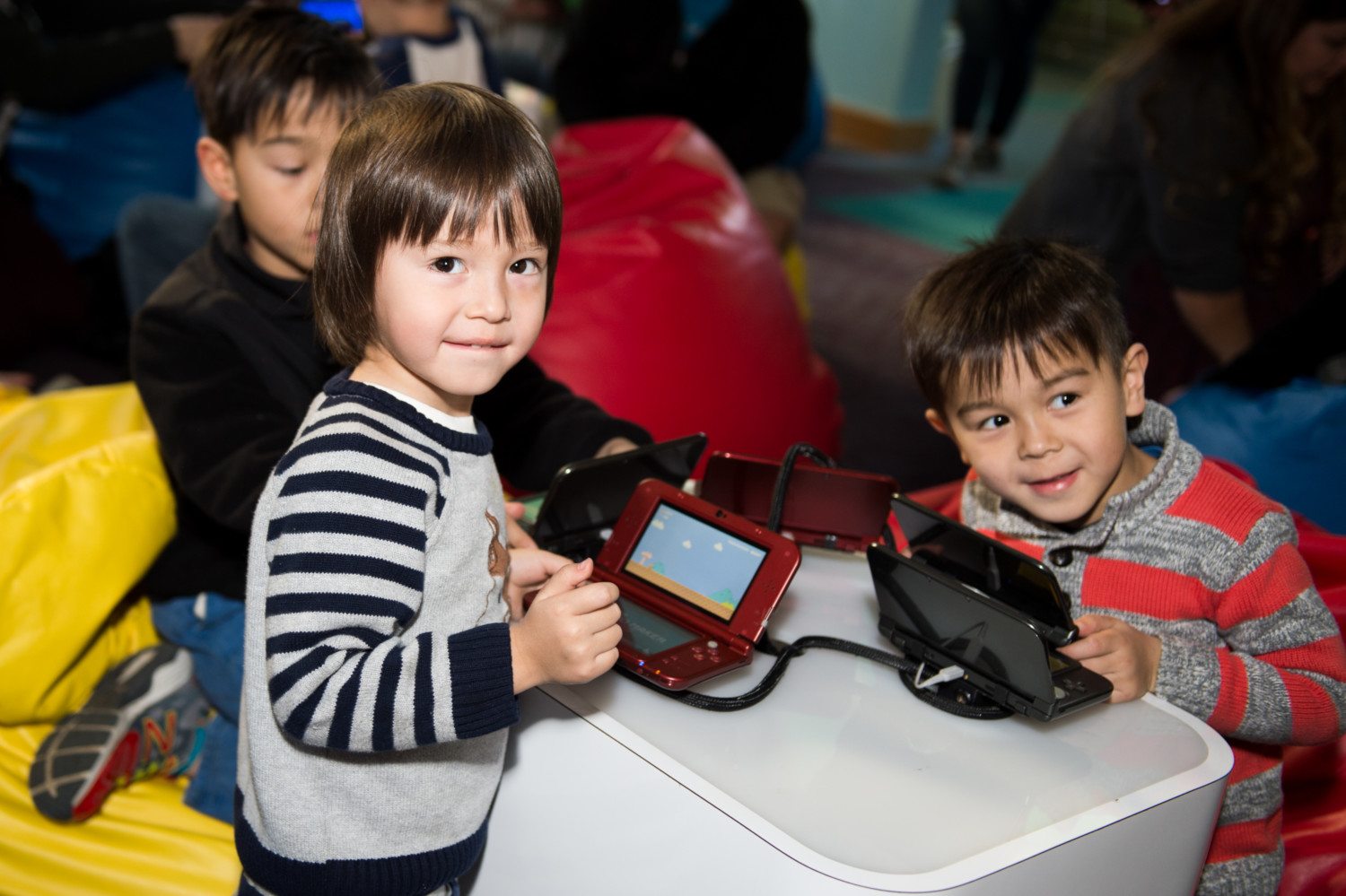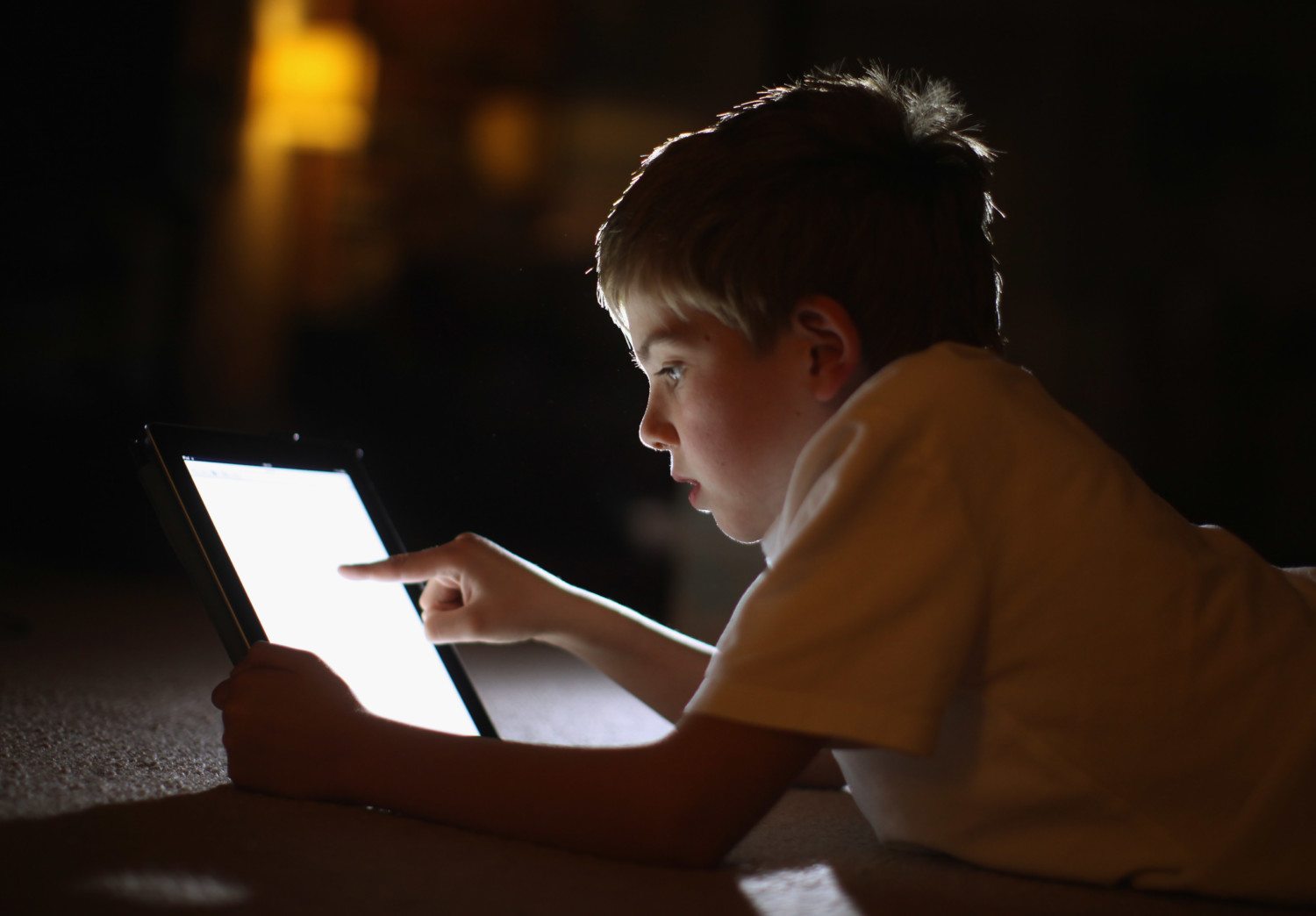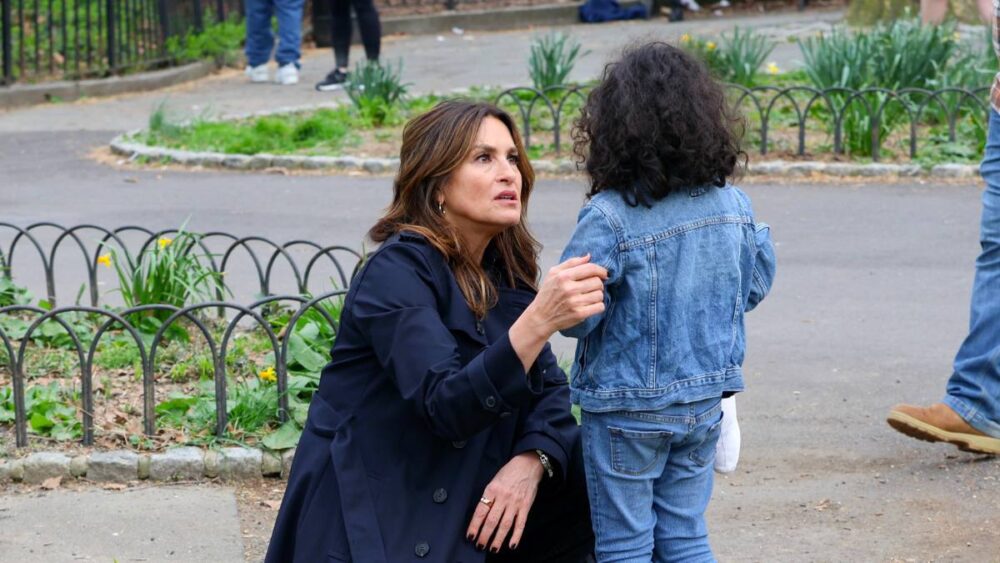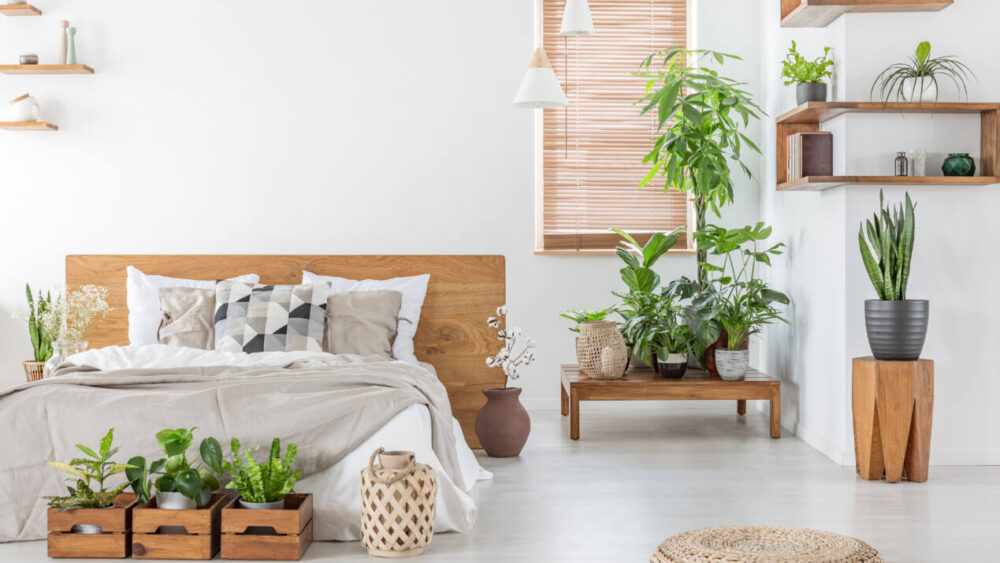Study finds that toddlers who use touch screens sleep less
Uh-oh. Here is some alarming news for parents: A new study has found that toddlers who use touch-screen devices, such as tablets, get less shut-eye as a result. The study was published in Science Reports. Researchers surveyed over 700 parents regarding their child’s sleep patterns and their use of touch-screen devices. The children in question were between 6 and 36 months of age.
The researchers discovered a “significant association” between the frequency of touch-screen usage and the child’s sleep habits. Kids who used tablets more frequently had a tougher time falling asleep, and they also logged fewer minutes of sleep overall when compared to children who did not use touch-screen devices, or who used them less frequently.
Ultimately, the researchers concluded that for each hour the tots used a tablet, they slept 15.6 fewer minutes. Wow. That’s a pretty strong link between touch-screen use and a child’s sleep habits.
We know that sleep is essential for a child’s growing brain and body (not to mention, their mood!), so this research is really important for parents. While many of us rely on touch-screen devices to help children get through long car rides or to occupy them at restaurants, this study shows that our little ones could be paying the price at bedtime.
But why is it that touch-screen devices are so bad for our kids’ sleep?
Researchers have several theories. First, it could be that kids simply have less time to sleep if they are playing on their tablets. After all, who wants to go to sleep when they could be playing “Peppa Pig” on their Kindle Fire?
Second, the content of the media on the touch screens may keep kids awake. Playing an exciting video game before bed may make it more difficult for kiddos to nod off, and the moving images and flashing lights may also make it harder to close those peepers.
A third theory is that the blue light from the screen could be throwing off kids’ circadian rhythm. Past research has shown that the blue light emitted from the screens on smartphones, laptops and tablets can interfere with the body’s natural circadian rhythms and suppress the production of melatonin, a hormone that helps to regulate our sleep, in our brains.
So, if you want your wee ones to fall asleep quicker and stay asleep longer, limit their use of touch-screen devices, especially as it starts to get dark outside. Instead, read to them, play games, sing songs or try other calming activities that will help your kids to slow down and get into relaxation mode.


